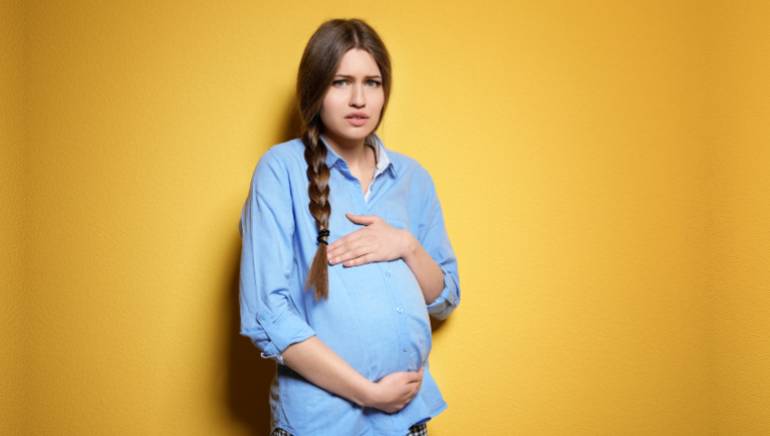Chat with ![]()

Chat with ![]()


From frequent trips to the loo during the day to having the urge to urinate in the middle of the night — all this can be a sign that something is wrong with you. Excessive urination is not always a cause of drinking excessive water; it can happen for various reasons.
How many times a day do you pee? Never really thought about it? Well, counting the number of times you pee might not seem important, but the number of times you pee in a day can reveal a lot about your health. To understand all about the normal frequency of urination, and the reasons behind frequent urination, we got in touch with Dr Sarita Channawar, consultant obstetrician and gynecologist, Wockhardt Hospital, Mira Road.
“Going around 4-10 times to urinate per day is normal and essential, ” says Dr Channawar. The average amount, however, most people urinate, is four to seven times, during a day. But not going at all or just urinating once or twice a day is unhealthy and not recommended at all.
In the same way, if you notice that all of a sudden, your toilet trips have increased, it is likely that you may have a frequency problem, which is also not normal. In fact, this condition can be related to several other medical conditions that need to be addressed. That’s why you should be aware of the number of times you urinate in a day.
These are the underlying medical conditions that may be responsible for increased urinary frequency:
Dr Channawar says if you’re going more often, it can be a symptom of many conditions like overactive bladder syndrome, bladder cancer, UTIs, or prostate problems, and can even disturb your sleep.

Having a urinary tract or bladder infection will also make you urinate frequently, says Dr Channawar. A urinary tract infection (UTI) is an infection of the urinary system. The symptoms of this condition include painful urination, feeling pain in your side or lower back, and needing to urinate often. Most UTIs can be treated with an antibiotic.
Also, read: Do you feel embarrassed to talk about low libido or painful urination? Here’s why you shouldn’t

Interstitial cystitis (a painful bladder condition causing frequent urination) can be seen in people. The pain ranges from mild discomfort to severe pain. The condition is a part of a spectrum of diseases known as painful bladder syndrome.
Frequent urination is also seen during pregnancy, as the bladder gets squished. This is because the baby tends to take more space inside the body, says Dr Channawar.

“Frequent urination can indicate kidney disease, and it is problematic when accompanied by abdominal pain and fever causing a UTI, ” says Dr Channawar. When frequent urination is accompanied by the symptoms of weakness or trouble sleeping, blood-stained urine, loss of appetite, and muscle cramps, you should visit a doctor.
Most people know that peeing a lot is one of the early signs of diabetes. Dr Channawar says, “It irritates the bladder, which then tends to contract even when it contains small amounts of urine, leading to frequent urination.”
A diuretic is something that makes you urinate more frequently than normal. You’re probably familiar with common diuretics — alcohol like beer, wine, liquor, and caffeine (coffee or tea). In addition, some medications used to treat other conditions like high blood pressure can have diuretic side-effects.
Also, read: Wonder what makes urination painful? Here are 4 reasons why it might be happening
Dr Channawar says, “Opting for diuretics means medications to treat high blood pressure or fluid buildup work in the kidney and the extra fluid is expelled out from the body. This can cause frequent urination.”

Apart from these conditions, suffering from pelvic tumor, vaginitis, which is inflammation of the vagina, having a prolapse of the female pelvic organs through the vagina, can also make you urinate frequently.
If you’re pretty sure that overhydration, too much caffeine or pregnancy aren’t behind your frequent urination – or if your need to go is interfering with your daily life – it’s definitely the right time to schedule an appointment with your primary care doctor or your Ob-Gyn. You’ve seen that there are several things that can cause frequent urination. It’s important to speak to a doctor about your concerns, and get an accurate diagnosis.